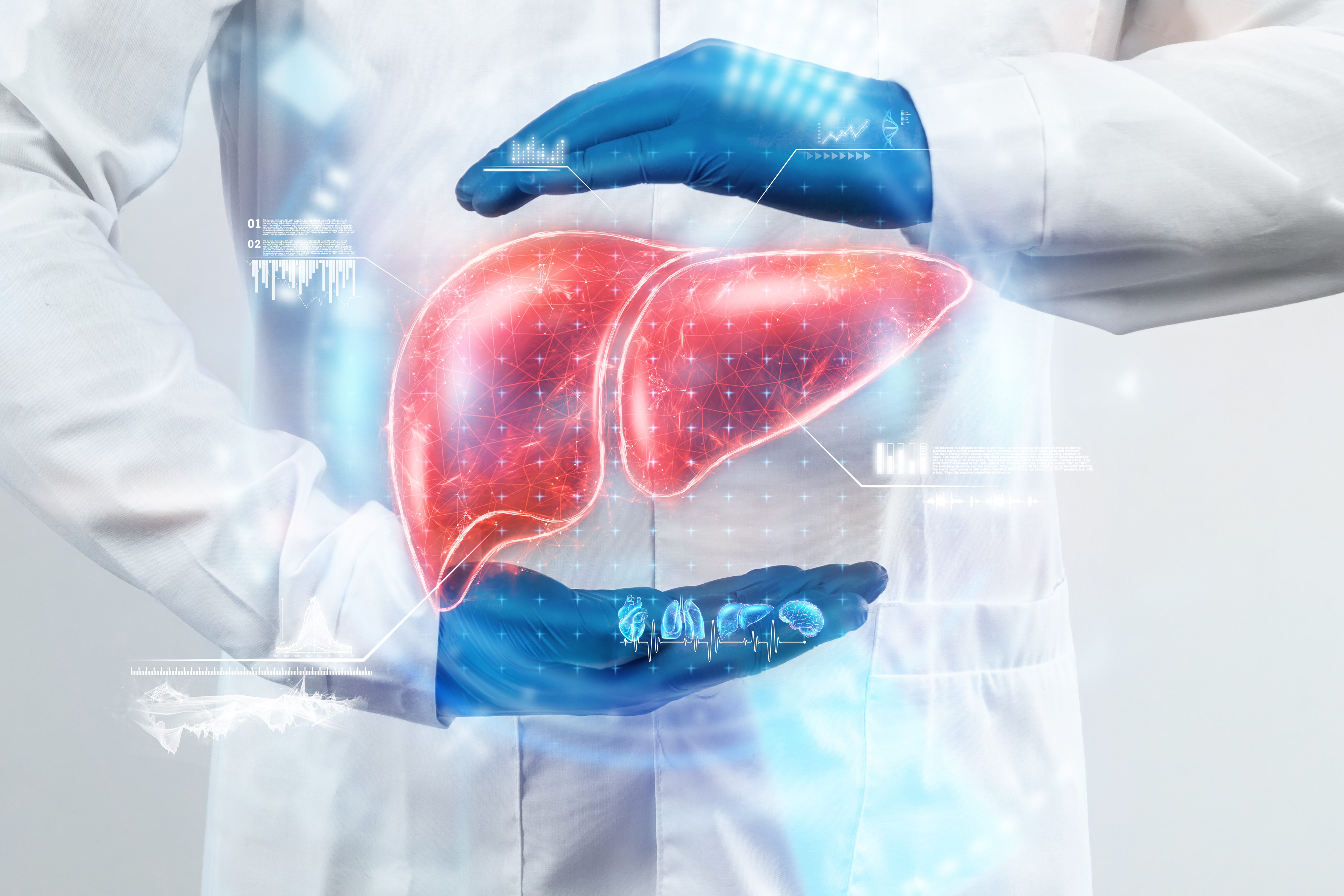
What is liver cirrhosis
Liver cirrhosis is a condition where the liver becomes extensively scarred due to long-term damage, impairing its normal function. Common causes include chronic alcohol abuse, viral hepatitis, fatty liver disease, autoimmune conditions, and certain genetic disorders. Symptoms may include fatigue, weakness, fluid retention, jaundice, itching, loss of appetite, nausea, and weight loss. Complications like portal hypertension, varices, ascites, and hepatic encephalopathy can occur as the disease progresses. Treatment focuses on managing symptoms, addressing the underlying cause, and sometimes requires a liver transplant in severe cases.
What causes liver cirrhosis?
Liver cirrhosis can be caused by various factors, including chronic alcohol abuse, chronic viral hepatitis (such as hepatitis B or C), fatty liver disease (associated with obesity or diabetes), autoimmune diseases affecting the liver, genetic disorders, certain medications, and prolonged exposure to toxins.

How to get protected
- . Stay Hydrated
- . Exercise Regularly
- . Manage Chronic Conditions
- . Avoid Overuse of Over-the-Counter Medications
- . Practice Stress Management
- . Quit Smoking
- . Protect Against Hepatitis Infection
- . Follow Your Healthcare Provider's Recommendations
- . Consider Liver Support Supplements
- . Get Vaccinated
- . Maintain a Healthy Diet
- . Be Cautious with Medications and Supplements
- . Practice Good Hygiene
- . Limit Exposure to Toxins
- . Monitor Your Liver Health
- . Limit Exposure to Environmental Toxins

